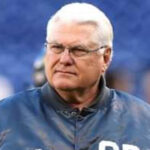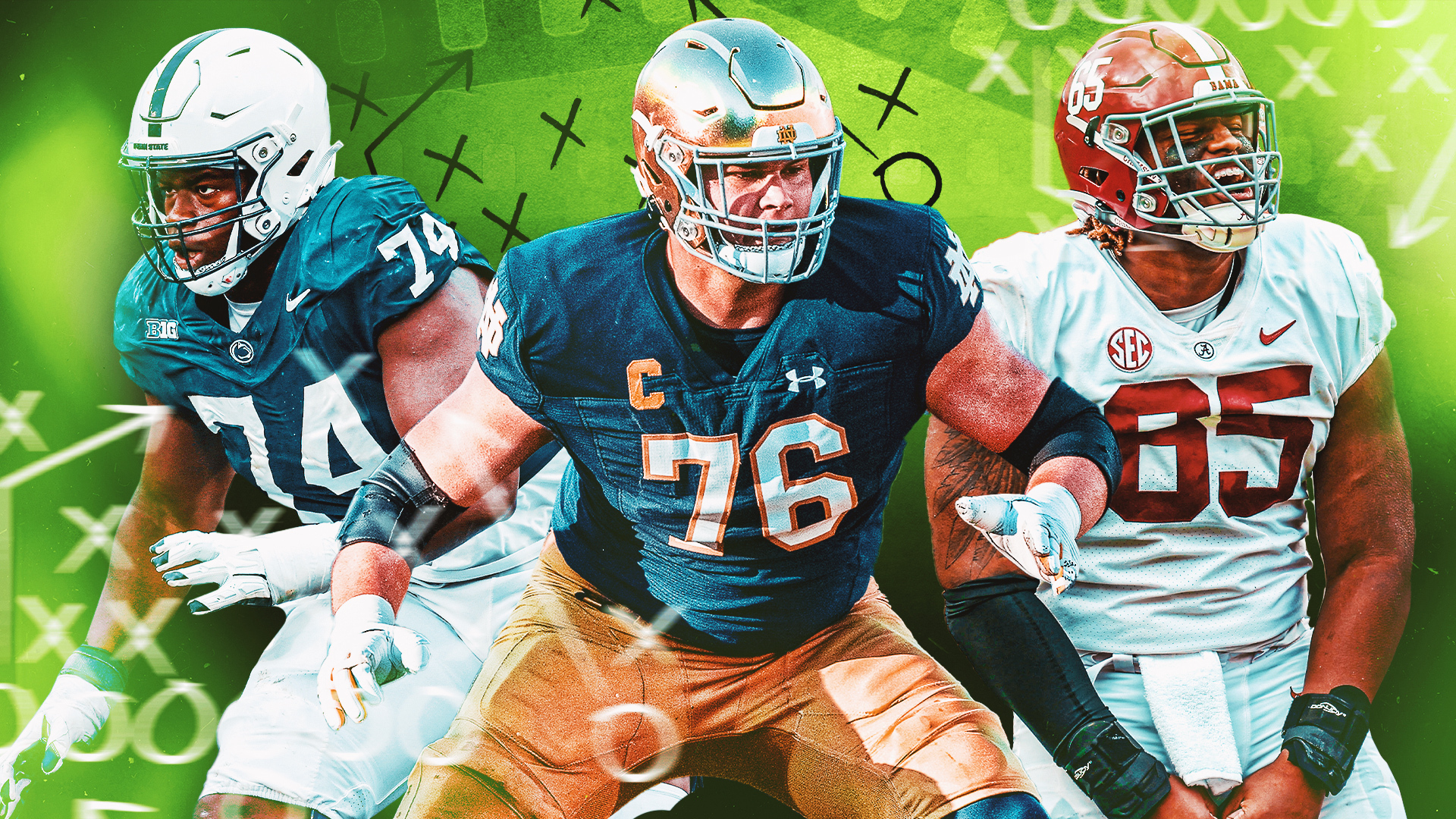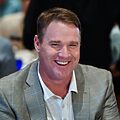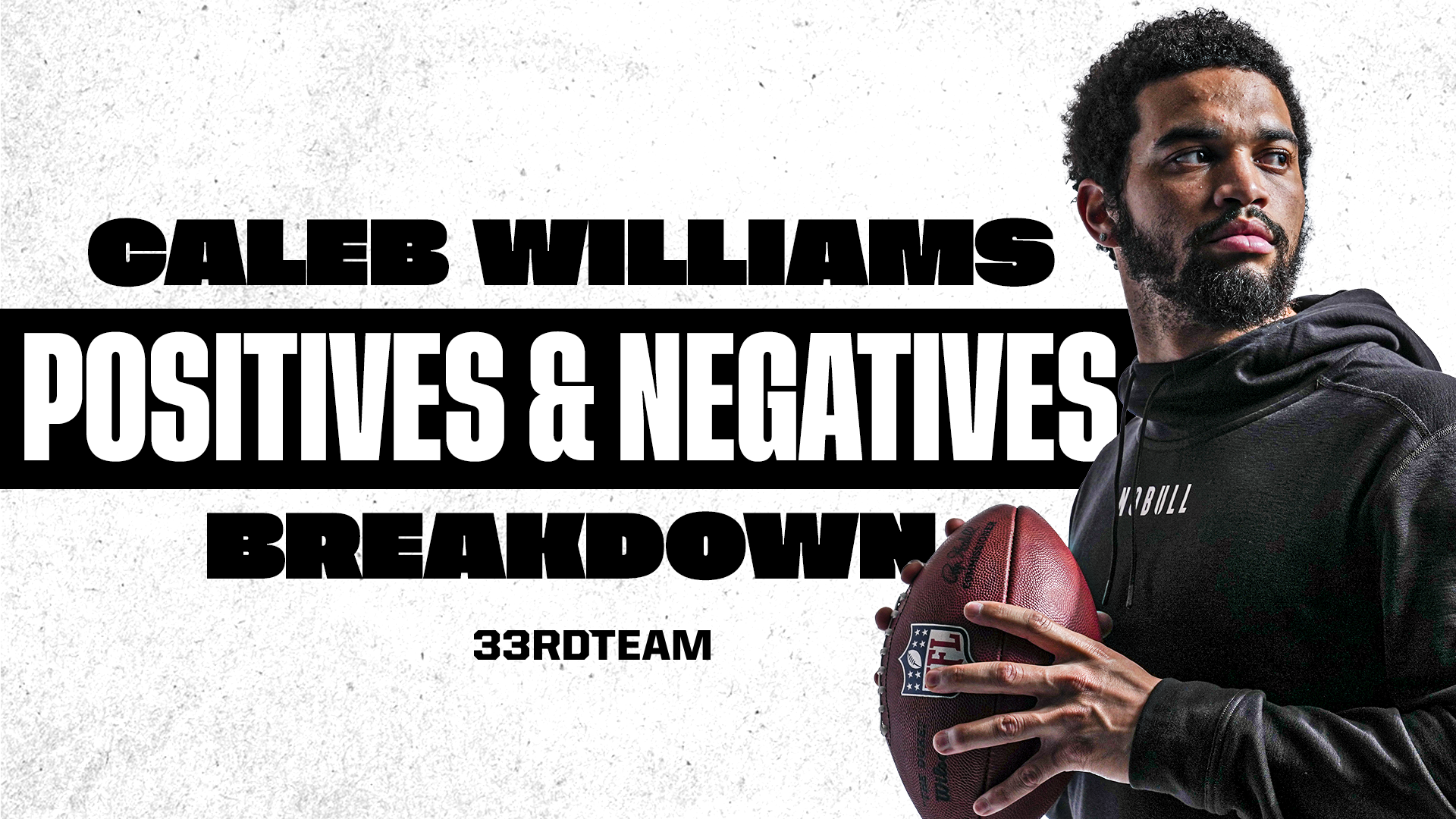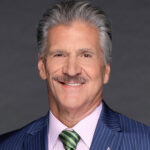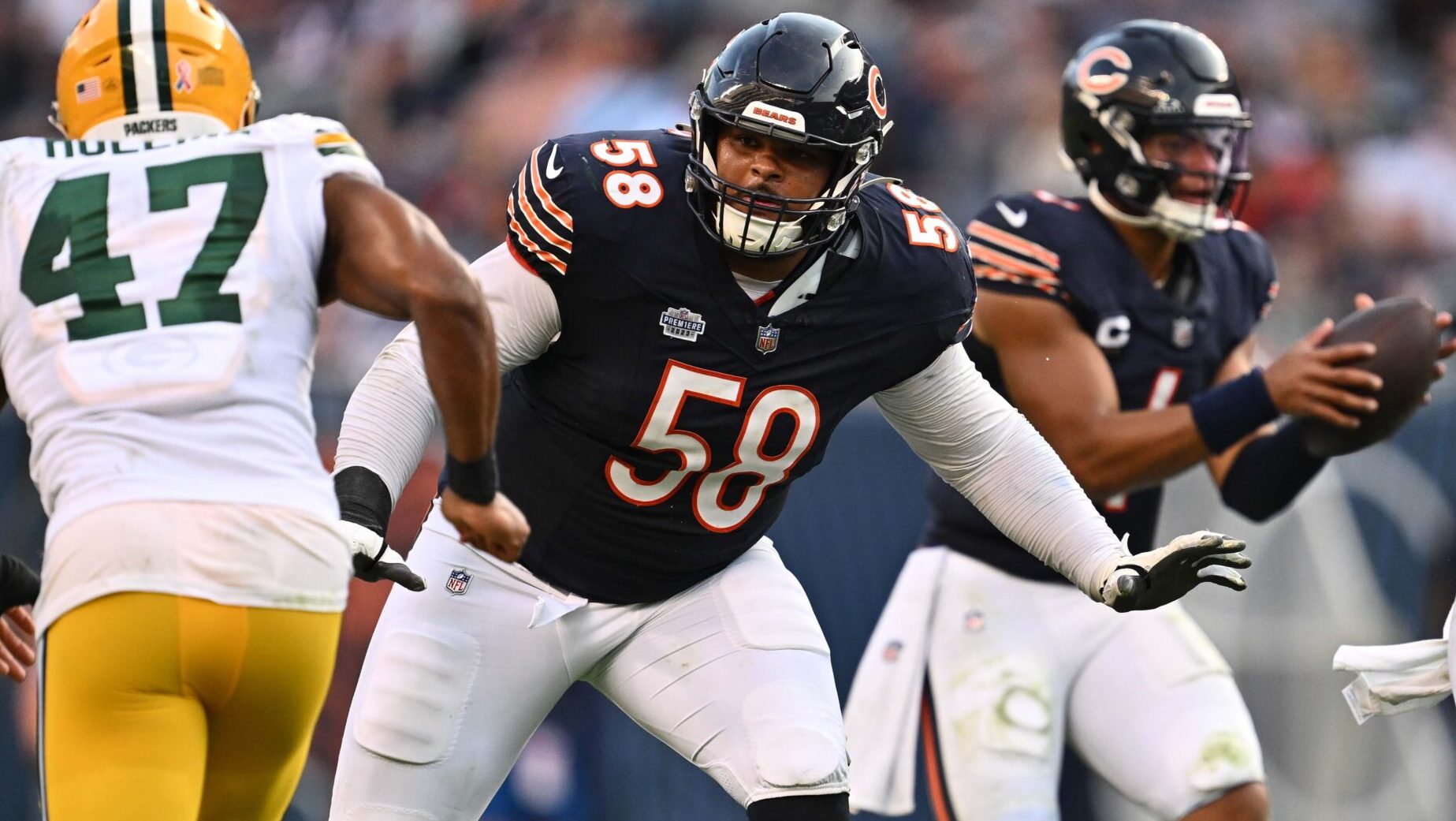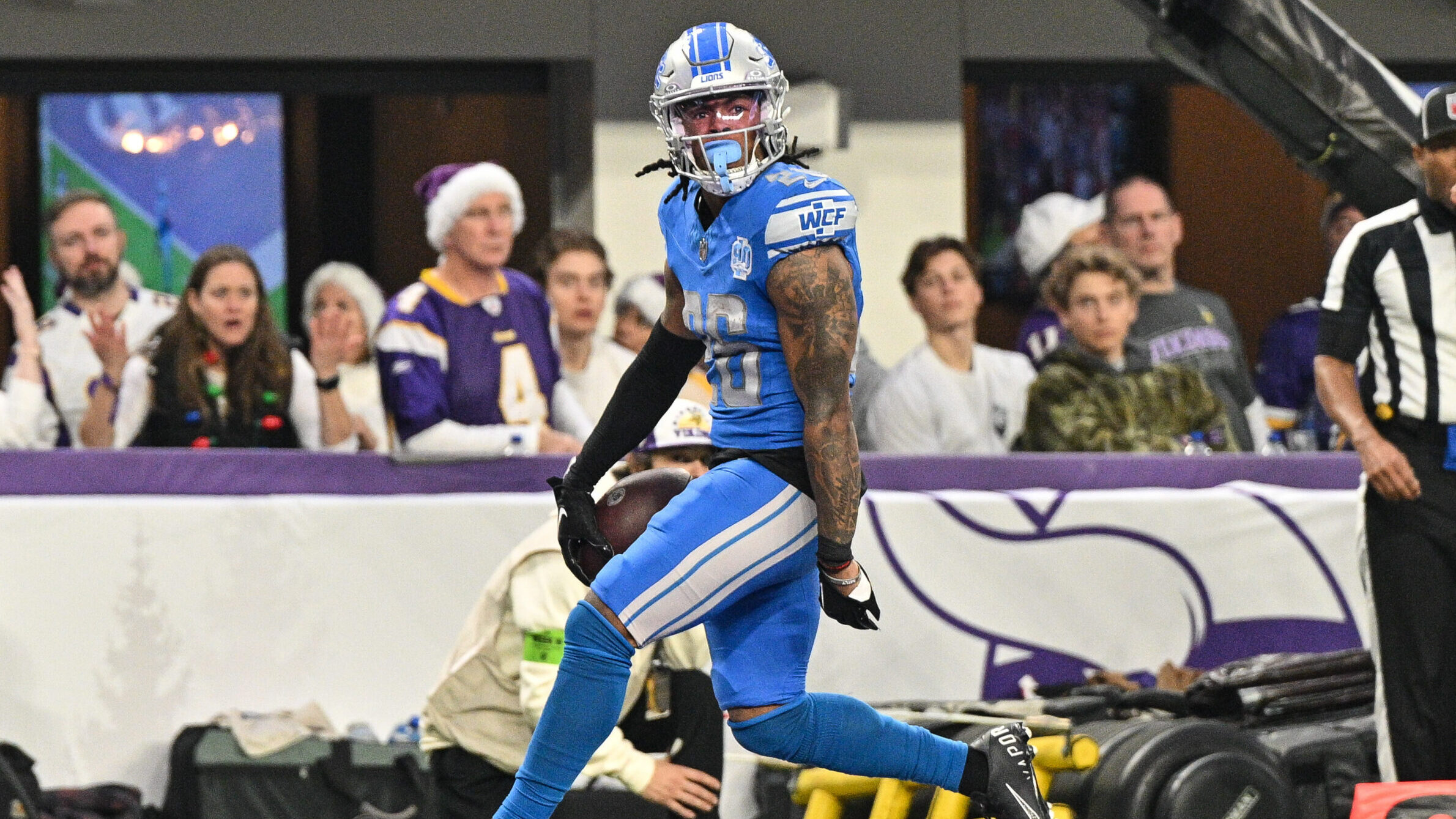Analysis
8/4/21
6 min read
Why Special Teams Coordinators Make Good Head Coach Candidates
Darren Rizzi is entering his third season as special teams coordinator for the New Orleans Saints and holding the same position with the Miami Dolphins for nine seasons (two in which he was also associate head coach). Rizzi wrote the following story for the 33rd Team:
When owners and general managers are looking to hire a head coach, I understand that a special teams coordinator might not be considered a flashy hire. You’re not going to win the press conference.
But you will win football games.
Just ask anyone with the Baltimore Ravens how they feel about John Harbaugh, who was a special teams coordinator before getting hired as head coach. Harbaugh is one of two special teams coordinators who became head coaches – the other is current Giants head coach Joe Judge. Bill Belichick was the Giants’ special teams coach for six years under Bill Parcells before becoming defensive coordinator.
In other words, being a special teams coach is absolutely great on-the-job training to become a head coach in the NFL.
Why are special teams coordinators good head coach candidates? For starters, we are one of the only people in the building that work with the entire football team. Not only the players. That’s one part of the job that I really love the best -- my association with the entire building, from players to coaches to staff.
When I got hired as special teams coordinator of the Dolphins in 2010 – my first NFL job – Coach Parcells gave me great advice that first week on the job. He said the most important aspect of your job will be knowing the entire roster. And not only your roster -- the rest of the division, the conference, the league. Really knowing the players throughout the league, because it’s such an important part of the special teams.
Secondly, there’s really no other coach in the building that deals with as much situational football as we do. There’s a whole lot of different rules that apply to special teams that really don’t apply to offense or defense. Coach (Sean) Payton and I are always working on and talking about and practicing things that come up in the kicking game. Special teams coaches as a whole are very well versed in situational football – time management, clock management, timeouts, challenges.
When I was with Adam Gase and Joe Philbin in Miami, I was a huge part of the challenge situation. For three years, I carried the red flag in Miami and was the one responsible for knowing the rules and challenging plays. I think I speak for the majority of special teams coaches when I say that most of us around the league are really their staff's rules guy. They really know the rulebook as a whole better than most -- because we have to. There are so many situations that come up, from punts to kickoffs to field goals, end of the game situations, certainly with all the onside kick stuff.
Special teams coaches are such a big part of a team’s daily operations, not to mention the draft process and roster management. That’s another thing that probably gets overlooked. Special teams coordinators have a lot to do with the roster -- who winds up making the team, who’s active on gameday – because you need the guys who can do what you need to do.
You have to know all the position breakdowns, the position battles. Be able to factor all those players into the special teams. You’re really dealing with the overall roster on a daily basis.
Our meetings are usually in front of the entire team. You’re working with the offensive line on field goals. You’re working with the defensive line when you work on your field goal block stuff. People might say, “What about the star players – the Alvin Kamaras, the Mike Thomas's?” You get those guys involved in the hands team, onside kicks and things like that.
You really get a chance to work with the entire team and I think that really gives special teams coordinators a chance to be really good head coaches.
I’ve been coaching special teams for 28 years – 15 in college and 13 in the NFL. That started in 1994, when the late Tony Sparano hired me at the University of New Haven. I was hired as the defensive line coach, but then Coach Sparano said, “By the way, you’re gonna be the special teams coach, too.” So I was really kind of thrust into it. And really since that day – from February of 1994 until now – no matter where I’ve been, I’ve always been the special teams coach.
Even when I was the head coach – both at the University of New Haven and the University of Rhode Island – I was also the special teams coach. It certainly has been a passion of mine.
It was 2008 when I became head coach at Rhode Island – that was the same year Harbaugh got hired in Baltimore, and it was a big deal for all special teams coaches, a real breakthrough. And then he wins a Super Bowl a short time after that. Certainly, Coach Harbaugh’s success is one of the reasons Joe Judge was afforded an opportunity. You hope that those guys will lead to more opportunities for special teams guys in the future.
You look at Coach Belichick, you look at John Harbaugh, you look at Joe Judge: I don’t know if there’s three better guys in the league in situational football. That’s absolutely due to their special teams background. What I see from those guys is that there are very few times when they are caught off guard. Their teams are very well prepared.
Since joining the Saints in 2019, I’ve had the privilege of working with a head coach who takes special teams very seriously. It’s no coincidence given Sean Payton’s background under Coach Parcells. We’ve been successful here and really look forward to continuing that success.
I also look forward to the opportunity to follow in the footsteps of Harbaugh and Judge. I got the opportunity to interview for the head coaching vacancy in Miami a couple of years ago. It was a great experience -- Steve Ross and Chris Grier were great. Coach Payton and I have talked about it during the offseason. He’s a strong believer that those opportunities are going to come and he’s certainly in my corner. I’ll keep doing my job here and hopefully those opportunities will come.
Again, you may not win the press conference when you hire a special teams coordinator as head coach. But when special teams coaches get in there and dig in and do their jobs, a lot of times they’re the best person for the job.

